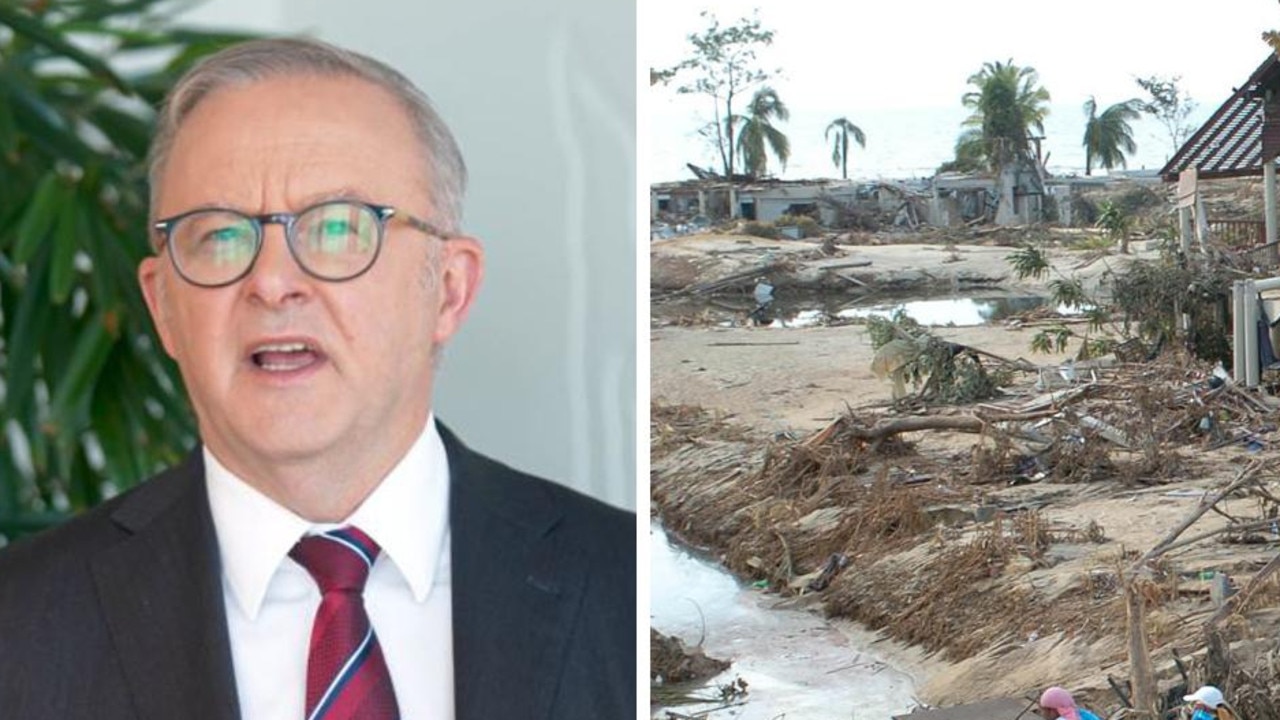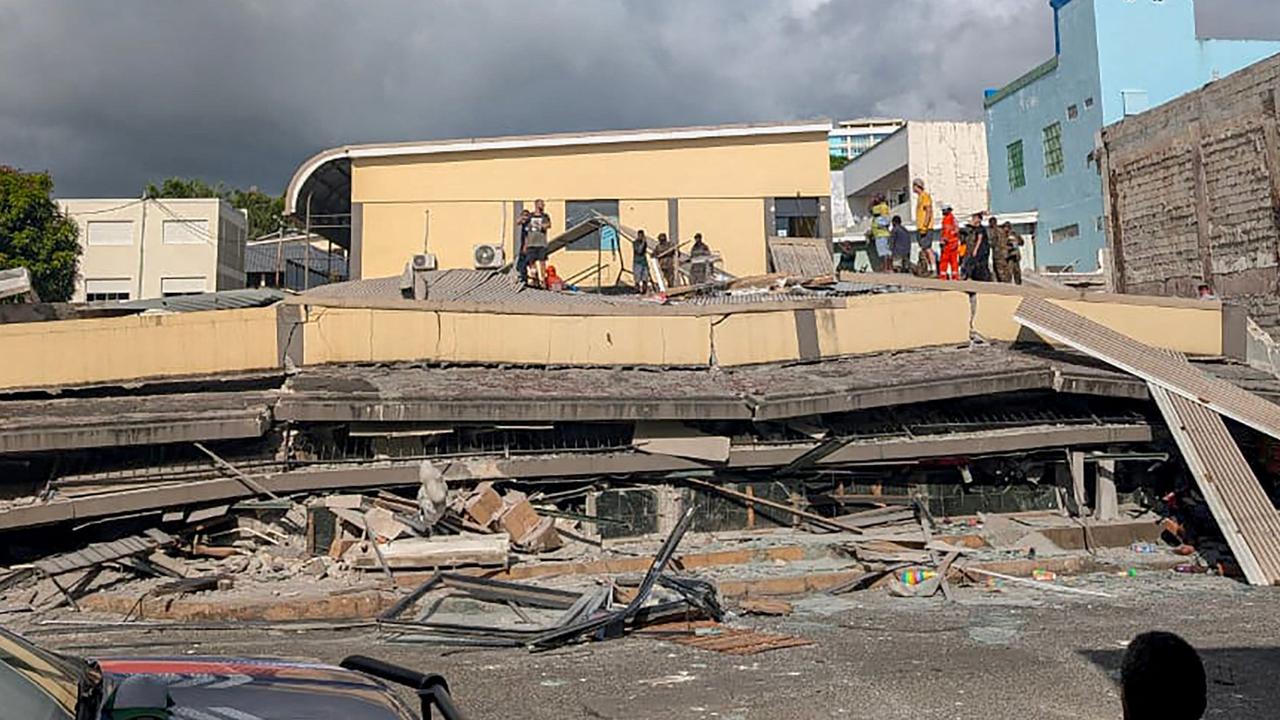New Zealand PM accused of using natural disaster to dodge hard questions
The New Zealand PM was accused of being “shady” in a TV interview that went sour very quickly as the country’s leader fought off hard questions.
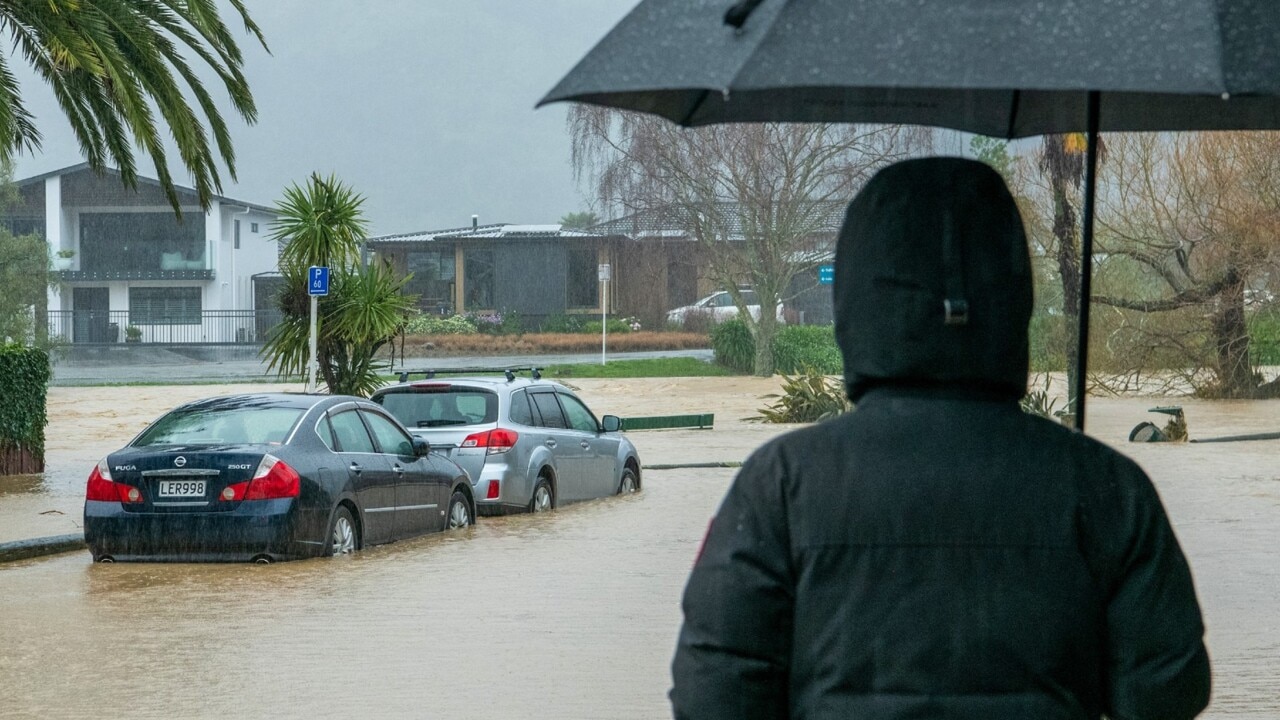
The New Zealand PM was accused of being “shady” in a TV interview that went sour very quickly as the country’s leader fought off hard questions.
Jacinda Ardern was speaking with Newshub’s Ryan Bridge about an accusation levelled at the Labour Government by a rogue MP.
Labour MP Gaurav Sharma last week ignited a scandal with claims that MPs within the party — including himself — were being bullied.
He shared screenshots of text messages which he said were from Labour colleagues who’d confided in him.
“These are some of the messages from MPs who were also being bullied,” he said.
The party voted unanimously to suspend him last week and on Tuesday Labour expelled him from caucus for “repeated a calculated breaches of caucus rules”.
Speaking with Newshub on Monday, before Dr Sharma’s expulsion, Ms Ardern was asked about “alleged information cover-ups by your office”.
Stream more world news live & on demand with Flash. 25+ news channels in 1 place. New to Flash? Try 1 month free. Offer ends 31 October, 2022 >
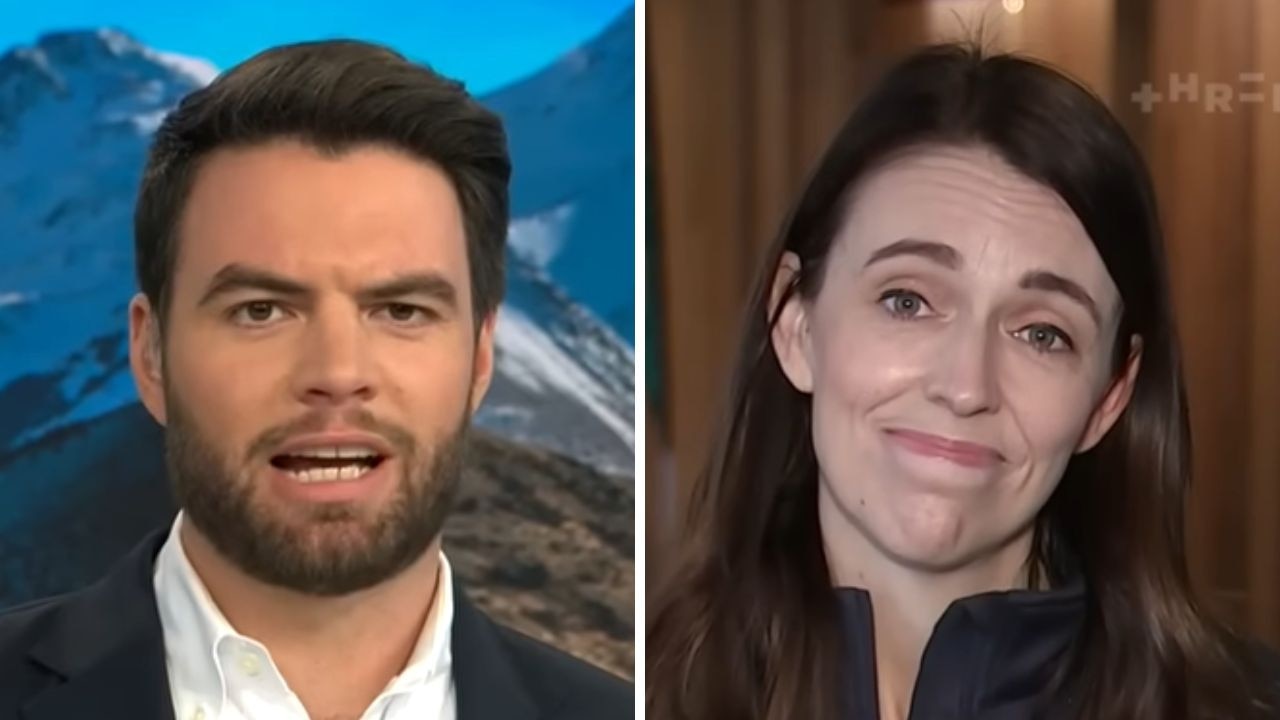
“Dr Sharma says that your MPs were taught how to avoid public scrutiny ... by avoiding queries to ministers’ offices directly and instead sending them to subject matter experts in the Labour Leader’s office,” Bridge said.
The conversation was cordial and Ms Ardern smiled throughout, but towards the end of the interview things went down hill.
Ms Ardern was asked if Dr Sharma had “made it up”.
Part of her answer included a reference to the South Island city of Nelson where huge amounts of rain causes flash flooding that left a number of residents homeless.
“I’m mindful that you’re asking me questions here that involve one MP, one individual, when I’m surrounded at a time where hundreds of people have lost their homes,” the PM said.
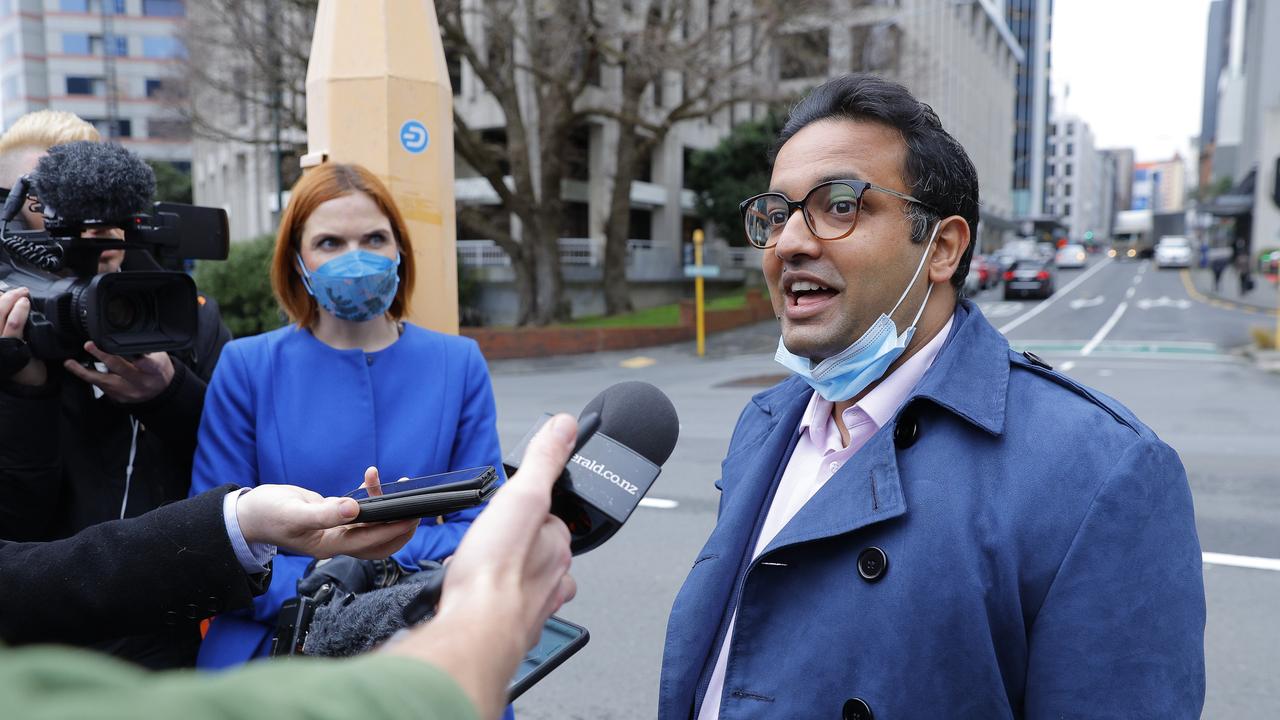
She went on: “This should not be anyone’s focus right now. We should be going into mediation to resolve it in the proper place, in the proper way.”
Bridge fired back: “Obviously, what’s happened in Nelson is a very serious situation, but to imply that we shouldn’t be asking you about very serious accusations about your office on the basis that there’s been a tragedy in Nelson I think most people would find a little shady.”
Ms Ardern said she had been misunderstood.
“No, no, no. That wasn’t a point about you. You misunderstand,” she said.
“My point was, to an MP to not take up the opportunity to go into mediation. That’s where we should be dealing with these issues.”
The saga involving Dr Sharma began on August 11, when he wrote a newspaper column alleging there was “rampant bullying” in New Zealand’s parliament.
In that column, and in subsequent comments over the next few days, he said the two sides of politics, including his own, were complicit.
“One of the MPs spent almost three hours in tears talking about how they were being treated. Others asked me how to fake a Covid test so they didn’t have to come to parliament because of how much they were scared of being bullied,” Dr Sharma alleged.
He said he had provided the text messages to the Prime Minister’s office in December, only to be stonewalled.
“I’ve been driven to this point because even now, the party and its leadership refuses to believe there is a problem,” Dr Sharma said.
Ms Ardern said she knew of no evidence to support his claims. She called an emergency caucus meeting, held on Tuesday, where Labour MPs unanimously agreed to suspend Dr Sharma for “repeated breaches” of caucus rules.
“The team was very clear that to function as a political party in a place where open debate and dialogue is so key, you need to trust your colleagues. You need to feel you can speak openly and freely,” Ms Ardern said after that meeting.
“That sense of trust has been broken through repeated breaches of our caucus rules over the last five days.
“There are very real issues facing New Zealanders right now. As government MPs, our full attention should be on responding to those rather than talking about ourselves.”
— with Sam Clench


